NATO has launched two collaborative projects to bolster airspace security and strengthen collective deterrence and defence, according to a press release.
During a ceremony on Thursday (13 February) at NATO Headquarters, representatives from 15 member nations announced a multinational plan to address lower-level air threats – those flying below 500 feet (150 metres).
These same Allies – Belgium, Denmark, Estonia, Finland, France, Greece, Latvia, Lithuania, the Netherlands, Norway, Portugal, Romania, Spain, Türkiye, and the United Kingdom – plus Czechia, also unveiled a separate initiative on passive air surveillance, including noise detection, to spot incursions that might evade radar and satellite coverage.
Emphasising the need for these developments, the press release stated: “The war in Ukraine has shown how effective and dangerous technologies such as small drones can play in conflict. Increasing NATO’s ability to detect, identify, track and respond to these new threats while exploiting technological advances for enhanced deterrence and defence is essential to the Alliance.”
Alongside these new programmes, existing NATO projects also welcomed additional participants. Romania joined the Modular Solution for Ground Based Air Defence Capabilities (Modular GBAD), established in 2023 to counter threats at varying ranges.
Meanwhile, Portugal and Türkiye became members of the Multinational Ammunition Warehousing Initiative (MAWI), which now comprises 26 Allies plus the NATO Support and Procurement Agency. The United Kingdom joined 20 other Allies in the Cross-Border Airspace initiative, designed to improve coordination among civil and military authorities across Europe.
At the UK Defence Journal, we aim to deliver accurate and timely news on defence matters. We rely on the support of readers like you to maintain our independence and high-quality journalism. Please consider making a one-off donation to help us continue our work. Click here to donate. Thank you for your support!



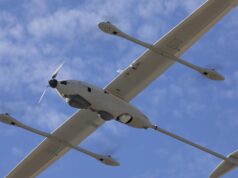

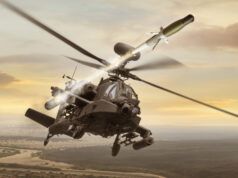
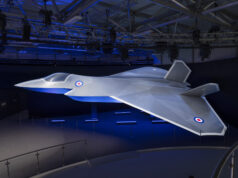

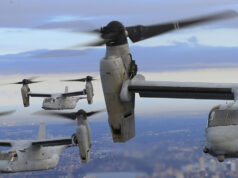


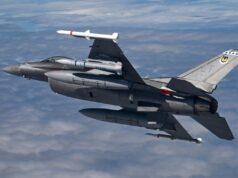


“noise detection” – wow, I never guessed this pre-radar technology might get resurrected, but it makes some sense
It is used all ready in counter snipping
I think that European initiatives have better chances than going through NATO in this subject, but at the end of the day each country must take care of itself regardless
Being on the sound mirrors…
Is this similar to the Ukrainian system that uses a mobile phone app to listen for & recognise the sound of smaller drones?
I reckon they have been taking notes on exactly that type on thing…
Mobile phones on poles etc, Anti Drone REBS,
Drones are a threat, hence all the things the Ukrainians improvise to help fight
Most of the fundraisers for the frontline is drone related
Do we need yet another joint NATo framework on air defence. There are so many of these things we sign up for that turn into nothing.